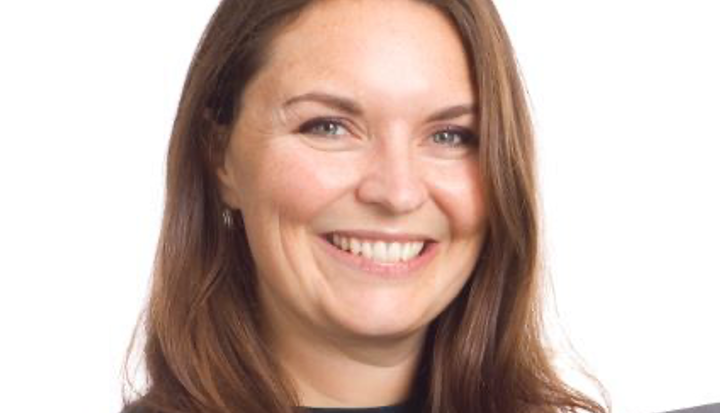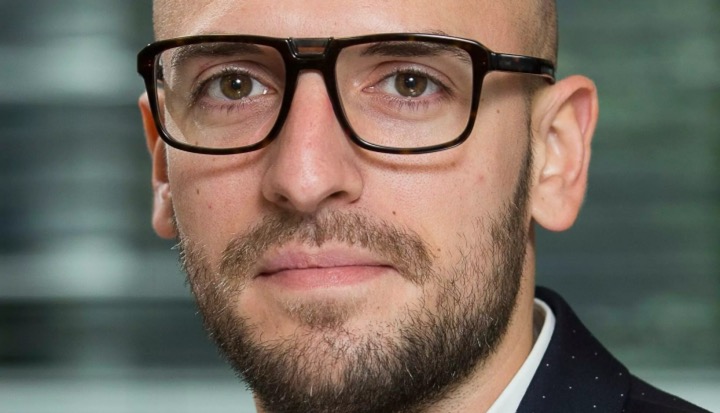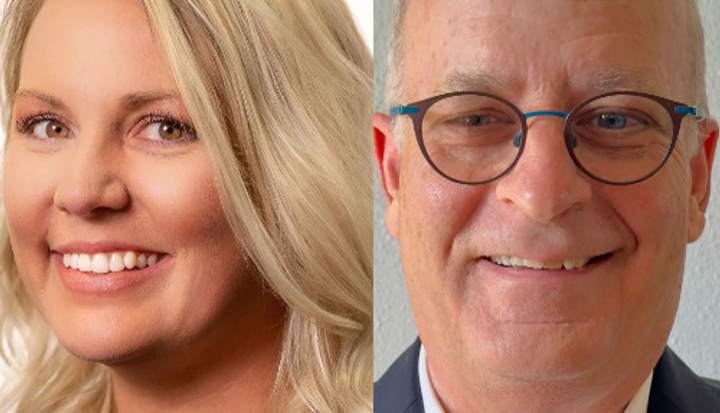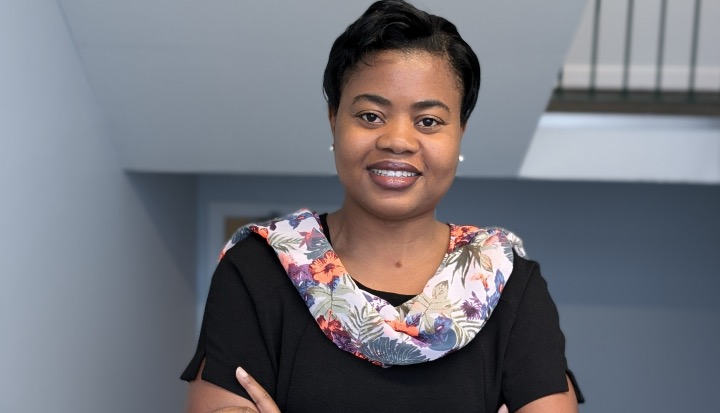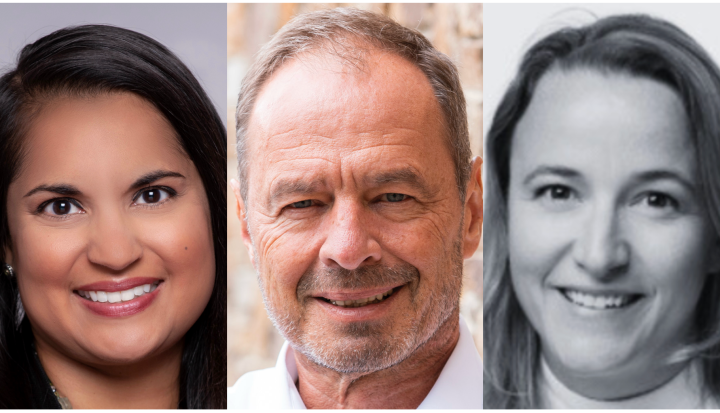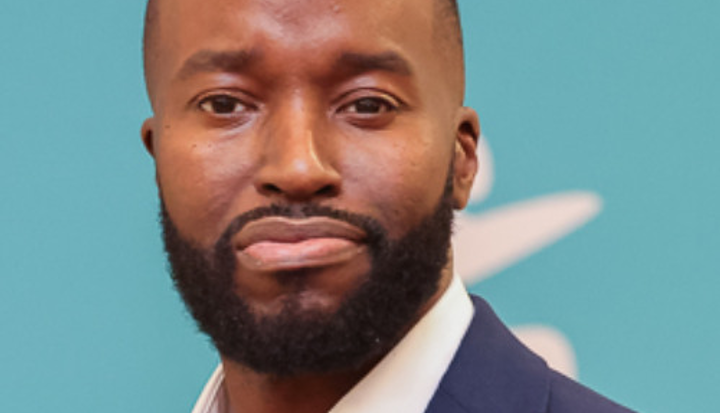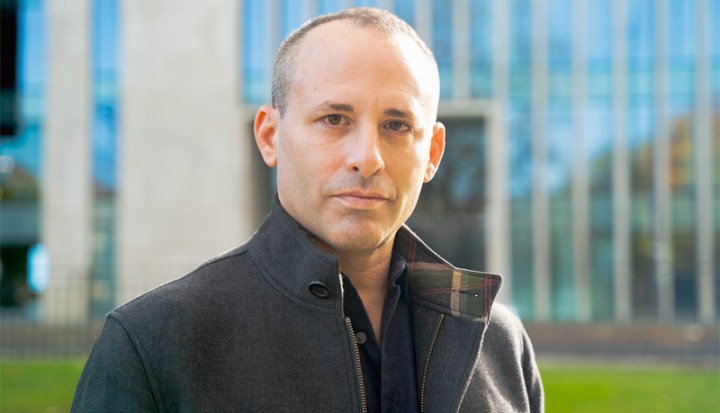BFP: What do you do?
 JT: I am a Private Sector Policy Advisor with Oxfam GB. This means I am responsible for helping Oxfam to understand the relationship between business and poverty reduction. I also work with other colleagues to influence companies, government regulation and the overall agenda on the role business can play, in terms of either doing less harm or doing more good, when it comes to the livelihoods and the lives of people living in poverty
JT: I am a Private Sector Policy Advisor with Oxfam GB. This means I am responsible for helping Oxfam to understand the relationship between business and poverty reduction. I also work with other colleagues to influence companies, government regulation and the overall agenda on the role business can play, in terms of either doing less harm or doing more good, when it comes to the livelihoods and the lives of people living in poverty
BFP: What is the best part about your job?
JT:It may seem cliché, but the best part is that I work on issues that I am passionate about and hopefully make a difference to the livelihoods of other people. I enjoy the opportunity to go out and talk to people- meeting a smallholder farmer or a woman who has overcome challenges to feed her family- you could say that’s what keeps me going and gets me up in the morning.
However, there is an intellectual curiosity as well, in trying to pick apart complex issues. We know that there are many problems around poverty that have been around for a long time and are often deeply entrenched. But how do we pick them apart and identify the causes? And then identify what can be done to change them?
BFP: What have been your greatest challenges?
JT: From a policy perspective one of the biggest challenges is trying to understand a company’s supply chain linkages, its impacts on people living in poverty and how these can best be addressed. And then in turn, how we can influence the company to change.
At Oxfam we see the fundamental role that business needs to play if we are to tackle poverty and inequality. However, we also see that often some of the very decisions that business are making are causing the problem. You need to work on both sides. You need to work with the leaders that are really showing the way, raising the bar and looking for different ways to do business. At the same time we what to challenge these companies where we think they are part of the problem or they are not doing well enough on certain issues.
It can be a challenge to differentiate between efforts made by companies that are really about their business model and core operations and those that are just tweaking at the edges or even worse- it’s all PR spin and actually there is very little happening. That’s a huge challenge separating out what is PR and what is real change or at least genuine attempts towards change.
There is a lot of cynicism about companies and what they are saying versus actually doing on environmental and social issues. Messages from these powerful PR machines can undermine the good others are trying to do.
BFP: How have you overcome these challenges?/ What advice, would you give to others?
JT: In terms of trying to separate out those companies who are simply spinning a PR campaign and those that are making real efforts towards change, I would look out for a number of things:
1) The focus needs to be the company’s own operations and impacts, not just about philanthropic efforts. Whilst these can make a contribution, businesses’ own impacts should be the focus.
2) You can get a feel from companies about those that understand the issues and those that don’t. If they are able to show a real understanding of the concerns of those affected by their operations – even if they don’t necessarily agree about the solutions -that shows they are listening. It is important to acknowledge where there are problems, rather than rushing to deny all issues.
3) A company that is really genuine will be investing in the bigger picture beyond their own operations. We know these issues are complicated and often not under one company’s direct control. It’s down their supply chains where it is not easy to drive change quickly, but you can differentiate between the companies that are investing to change the broader system compared to those who are just trying to prove that their own operations aren’t causing a problem.
BFP: If someone wants to do what you do, where should they start?
JT: It can be very challenging. I speak to a lot of graduates who want to work for an organisation like Oxfam and are just starting out. I think having real world experience can be very valuable. This could be very different, anything from having 3 years corporate work experience to experience living and working in a developing country. Oxfam sometimes offer internship positions for those starting out.
BFP: Finally; what do you hope to get out of being part of the BFP community?
JT: 1) Innovative ideas. Sometimes in your daily work, you’re surrounded by wonderful people, but any organisation can get wrapped up in its own mind set, so it is great to get fresh ideas from different perspectives and 2) meeting people who are working on similar challenges – shared pain sometimes!
Editor’s Note:
Thank you to Jodie Thorpe for taking the time to do this interview.
We’re always looking out for members to feature. Help us by taking two-minutes to update your profile, or by nominating someone for Business Fights Poverty Member of the Week.
Read previous Member of the Week interviews here.

